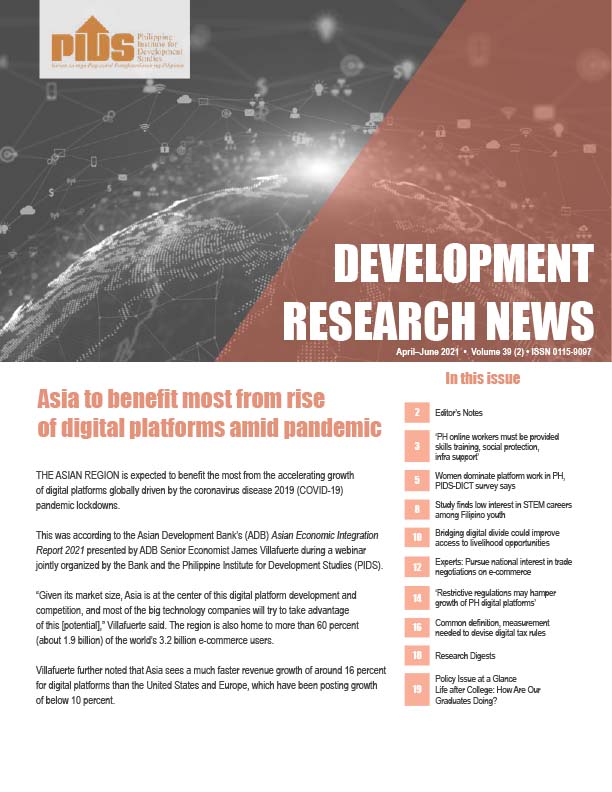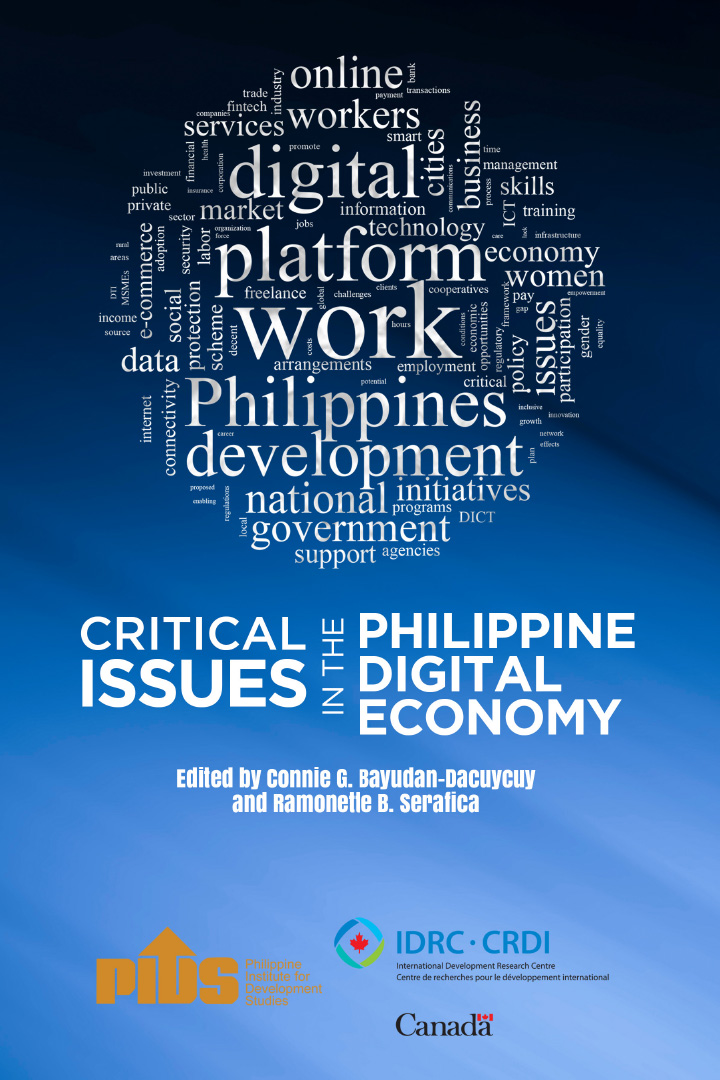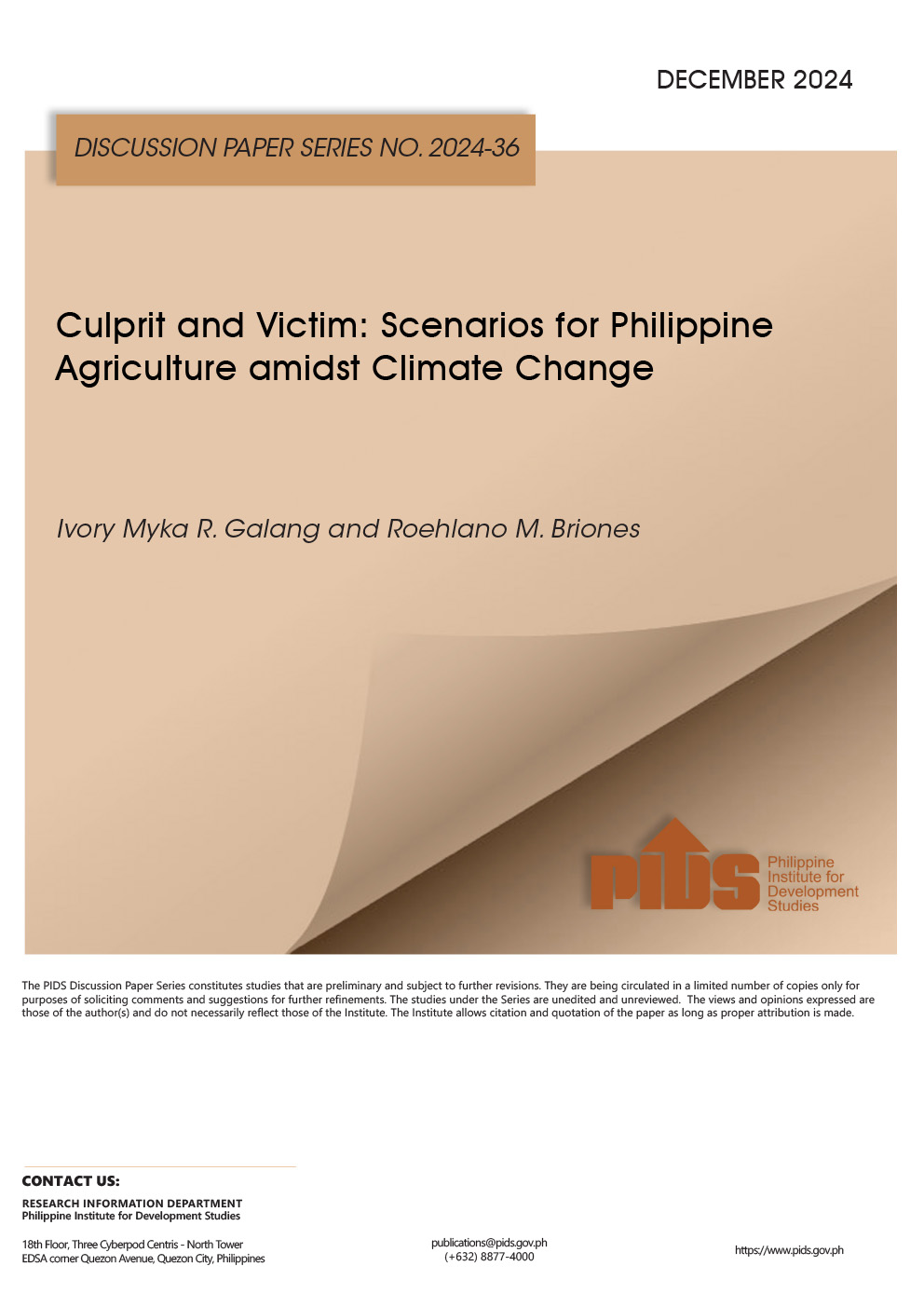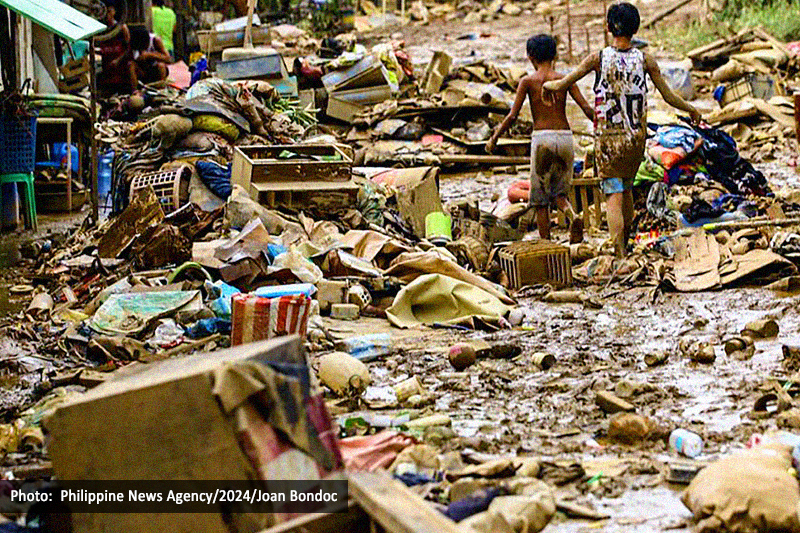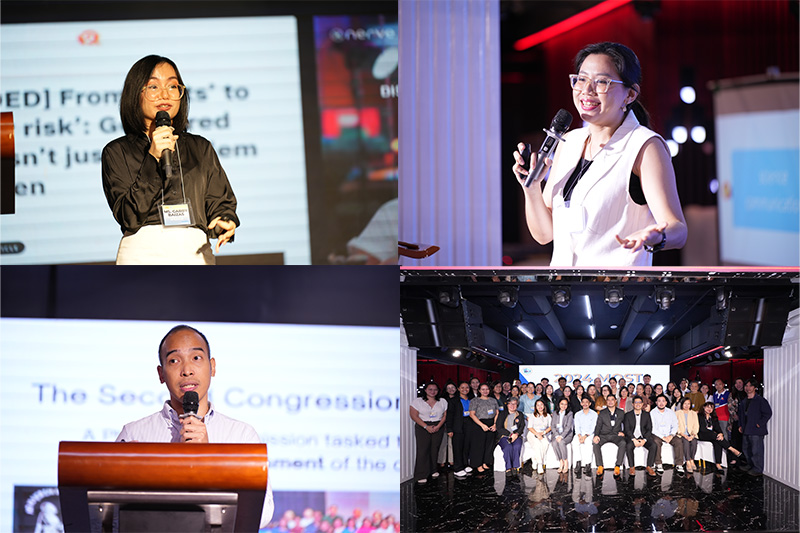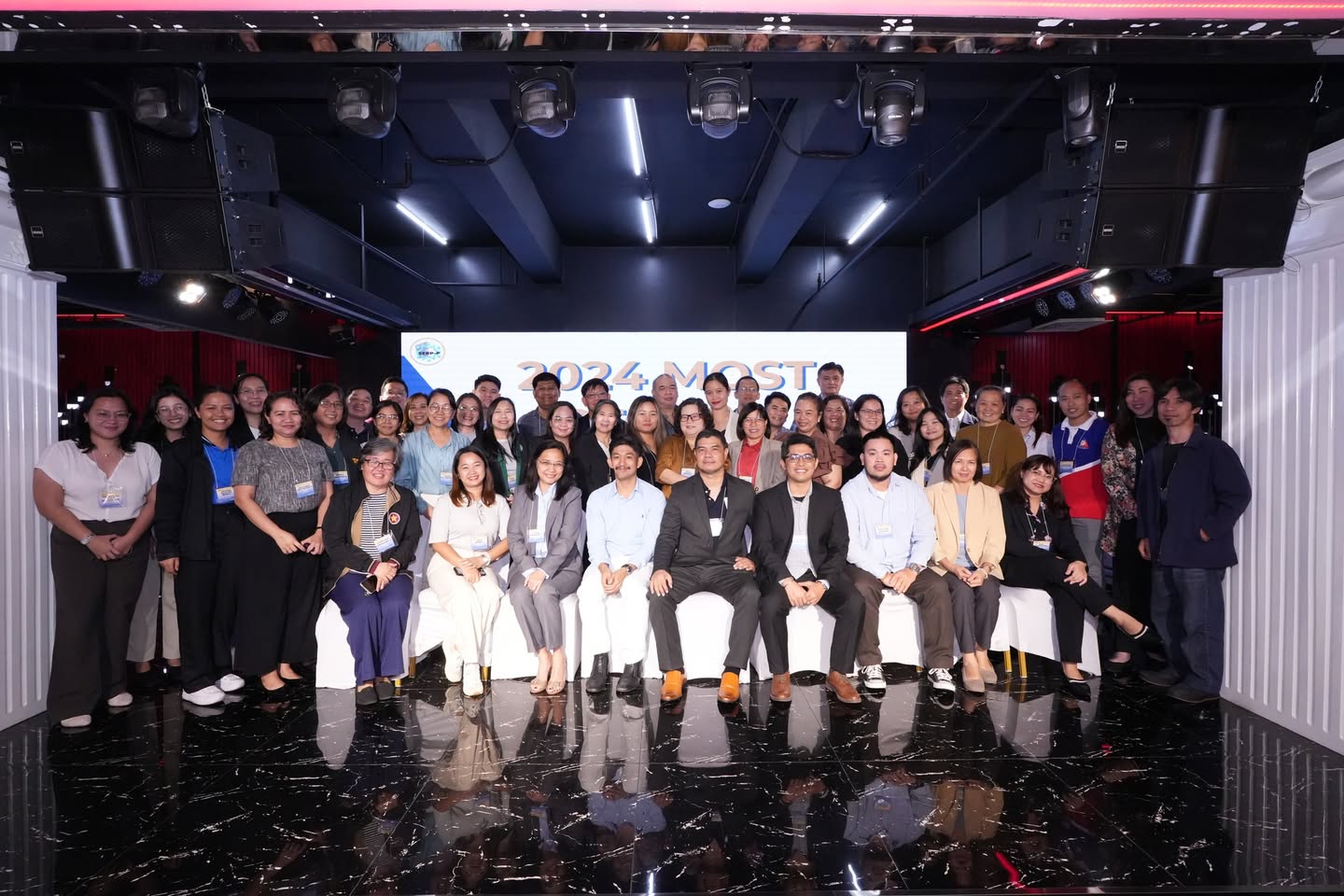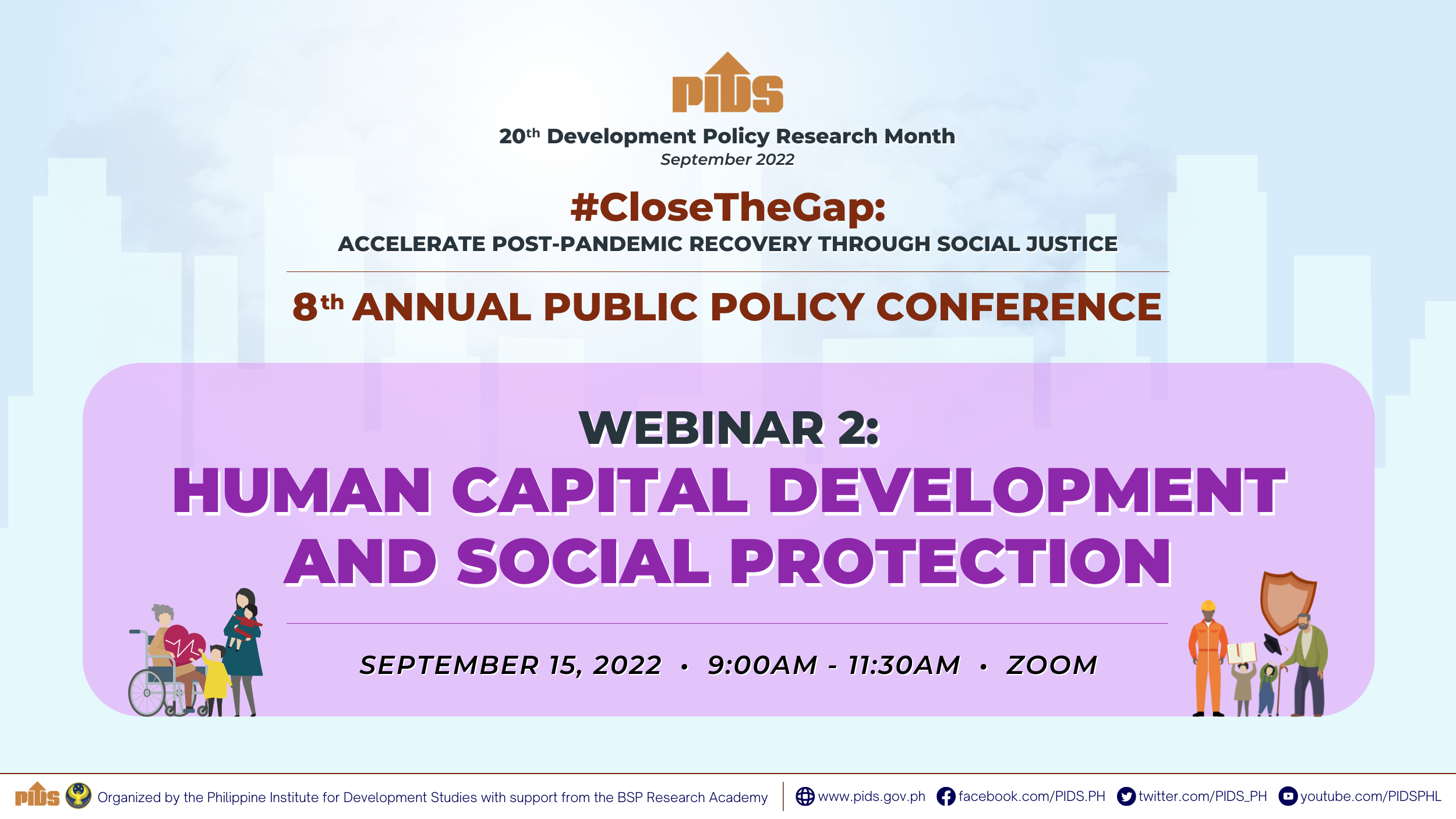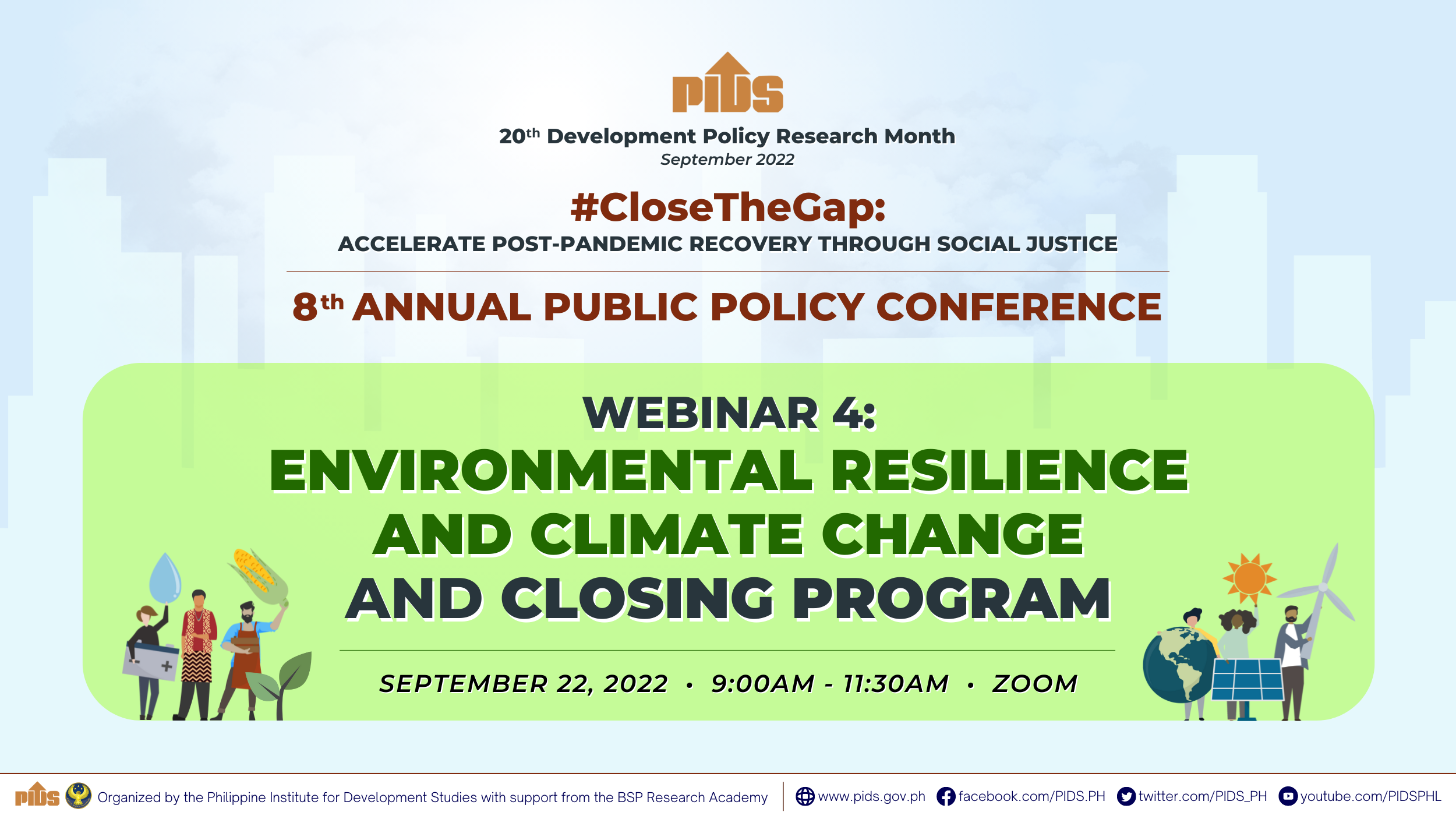Local government units (LGUs) need to invest in the development of a climate-smart agriculture that fits the needs of the community in an effort to address the adverse effects of sustained weather fluctuations, according to a study published by think tank Philippine Institute for Development Studies (PIDS).
A new policy note, authored by PIDS senior research fellow Connie Bayudan-Dacuycuy and research analyst Lora Kryz Baje, analyzes chronic food poverty and how it is affected by weather variability.
It finds that chronic food poverty is higher for households that experience rainfall deviation than for similar households that do not.
“Given that community-based development of good agricultural and livelihood practices harnesses local skills and knowledge, it instills strong ownership in the community and climate change adaptation is likely to be successful,” Dacuycuy said.
They also pushed for enhanced technical assistance for LGUs, noting some adaptation funds remain untapped.
The study said the Climate Change Commission (CCC) can enhance their technical assistance by providing LGUs an annual technical workshop on crafting proposals with strong climate change adaptation initiatives.
It should also improve its information dissemination campaign not only to inform the public about their function, but also to increase awareness on climate change adaptation and the various services CCC provides.
The study further called on the government to explore adaptive social protection (ASP) initiatives that support pro-poor climate change adaptation and disaster risk reduction by strengthening the resilience of vulnerable populations to shocks.
It said one ASP initiative that can be explored is to include environment protection as a condition to the Pantawid Pamilyang Pilipino Program (4Ps).
“4Ps strengthens human capital and self-sufficiency but does not explicitly address risks associated with climate change. The program has to evolve with the needs resulting from climate change and changing weather patterns,” Baje said.

